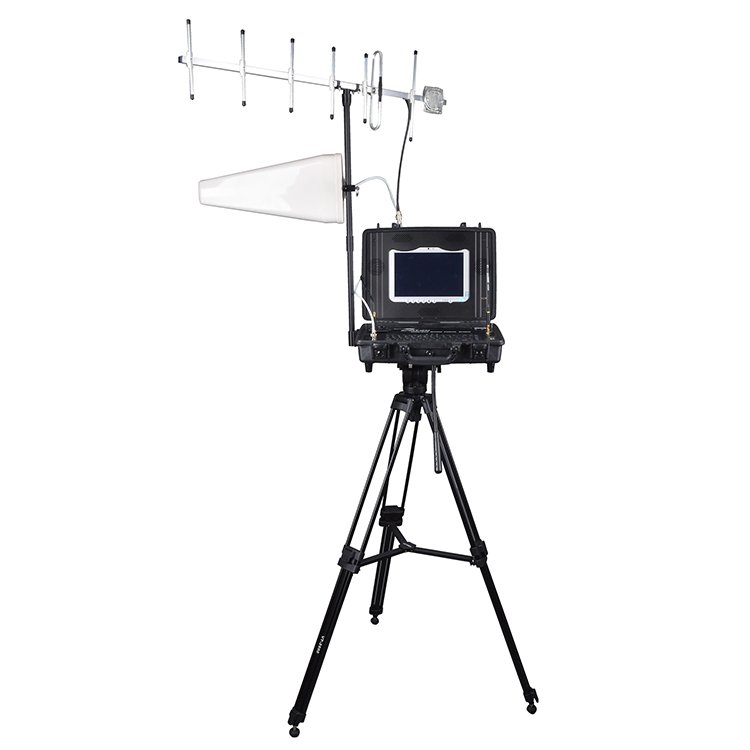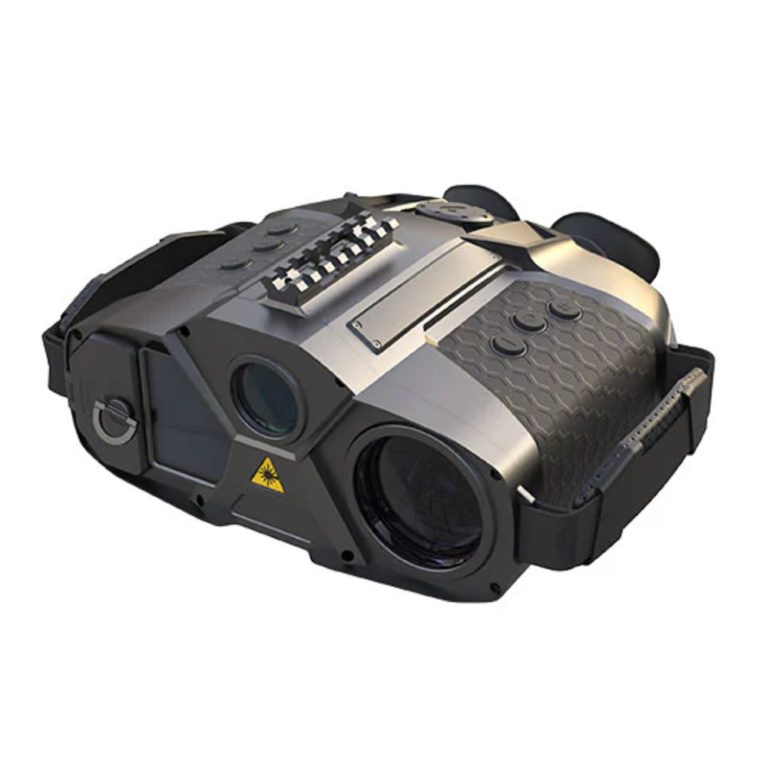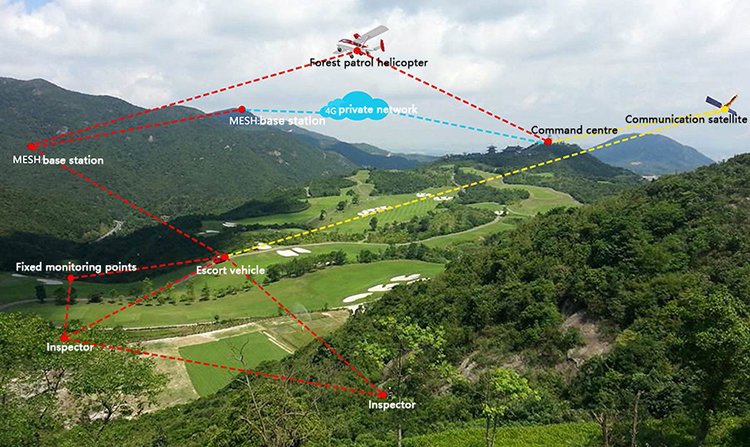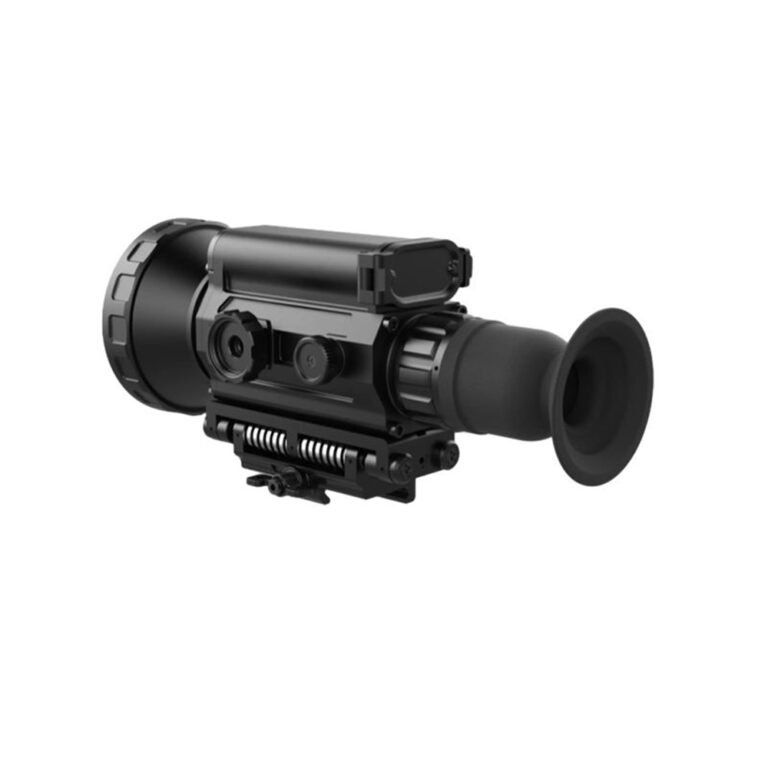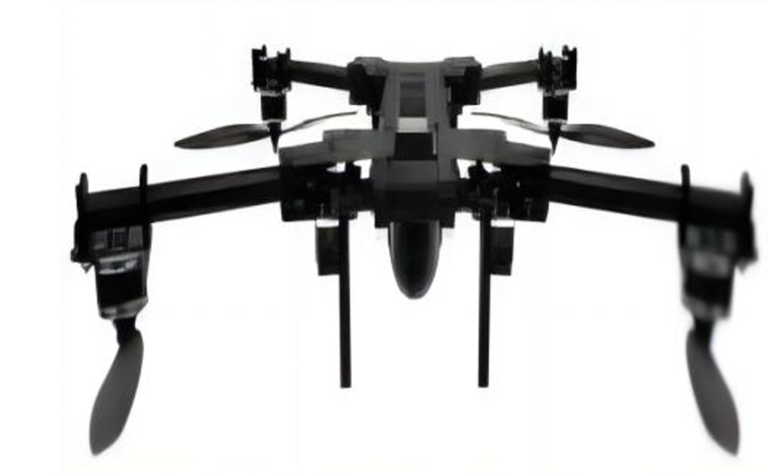Advantages of Anti-Drone Equipment
Anti-drone systems have become increasingly important in both military and civilian applications due to the rising threat posed by unmanned aerial vehicles (UAVs). Here are some key advantages of anti-drone equipment:
1. Enhanced Security
Anti-drone systems provide a critical layer of security by detecting and neutralizing unauthorized or hostile drones. This capability is essential for protecting sensitive areas such as military bases, government buildings, and public events from potential threats.
2. Real-Time Threat Detection
Modern anti-drone technologies utilize advanced sensors, including radar, electro-optical systems, and artificial intelligence algorithms, to detect and track UAVs in real-time. This enables rapid identification of potential threats and timely responses to mitigate risks.
3. Versatile Interception Methods
Anti-drone systems employ various interception methods, including:
- Soft Kill Techniques: These methods disrupt the drone’s communication links or navigation systems using radio frequency (RF) jamming or GPS spoofing, causing the drone to lose control or return to its launch point.
- Hard Kill Techniques: These involve physical destruction of the drone using directed energy weapons (such as lasers) or kinetic interceptors (like projectiles). This dual approach allows for flexibility in responding to different types of drone threats.
4. Integration with Existing Security Systems
Many anti-drone solutions can be integrated into existing security infrastructures, enhancing overall situational awareness. By combining anti-drone capabilities with surveillance cameras and alarm systems, organizations can create a comprehensive defense strategy against aerial threats.
5. Cost-Effective Solutions
As technology advances, the costs associated with deploying anti-drone systems have decreased. Organizations can now implement effective countermeasures without significant financial burdens, making it accessible for both military and civilian applications.
6. Scalability and Adaptability
Anti-drone systems can be scaled to meet specific operational needs, whether for large military installations or small public events. Additionally, these systems can adapt to evolving drone technologies and tactics, ensuring continued effectiveness against emerging threats.
7. Data Collection and Analysis
Many anti-drone systems are equipped with data collection capabilities that allow for the analysis of drone activity patterns. This information can be invaluable for understanding potential threats and improving response strategies over time.
8. Legal Compliance
Anti-drone technologies are designed to operate within legal frameworks, ensuring that countermeasures do not violate privacy rights or regulations. This compliance is crucial for maintaining public trust while enhancing security measures.In conclusion, the advantages of anti-drone equipment are significant in addressing the growing challenges posed by UAVs. With enhanced security measures, real-time detection capabilities, versatile interception methods, and the ability to integrate with existing systems, anti-drone technologies play a vital role in safeguarding against aerial threats across various sectors.

